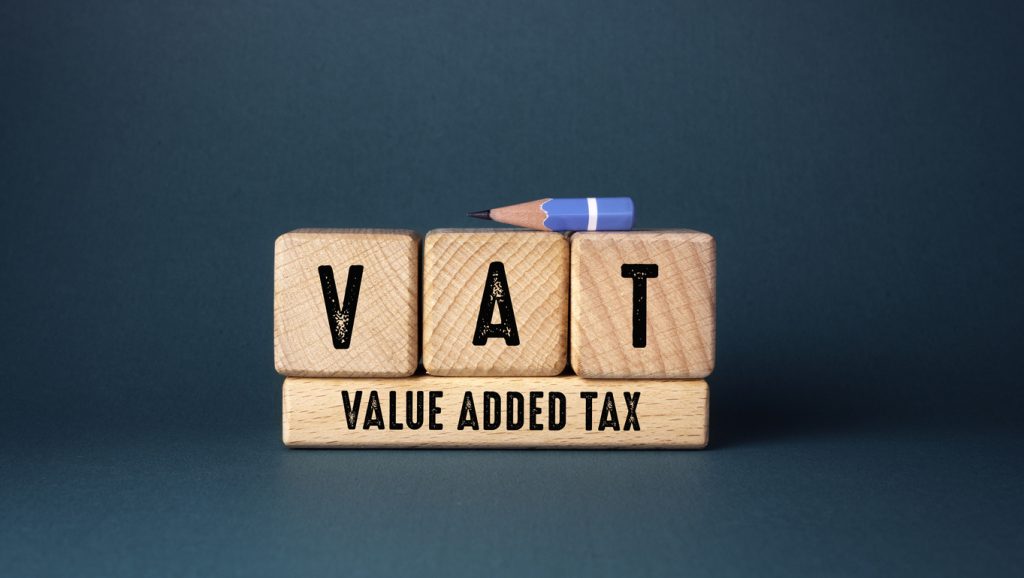As the end of the HMRC tax year approaches, limited companies in the UK are now working to optimise their tax efficiency. In conjunction, partnering with proficient tax accountants like MJ Kane Accountants, can offer invaluable support and assistance in the implementation of various strategies. With offices in Belfast, Liverpool, and London, MJ Kane Accountants have established themselves as award-winning tax experts, assisting businesses across these regions in navigating the complex landscape of tax planning in the UK.
1. Understanding Tax Allowances and Deductions
One key strategy in maximising tax efficiency is understanding and leveraging available tax allowances and deductions. A proficient tax accountant can analyse a company’s financials to identify eligible allowances and deductions in instances a business may be unaware, such as capital allowances, research and development (R&D) tax credits, and business expenses. For example, a manufacturing company may qualify for capital allowances on machinery investments, while a technology firm engaged in R&D activities may be eligible for R&D tax credits. We can help you identify these classifications.
2. Salary vs. Dividends
Determining the perfect mix of salary and dividends for company directors and shareholders is crucial for tax efficiency. A skilled tax accountant can help you evaluate the individual circumstances of the company’s directors and shareholders to devise a strategy that minimises tax liabilities. By balancing salary payments, which are subject to income tax and National Insurance contributions, with dividends, which are taxed at lower rates, companies can maximise tax efficiency while ensuring compliance with regulations.
3. Pension Contributions
Pension contributions offer another avenue for tax efficiency for limited companies. By making employer pension contributions on behalf of directors and employees, companies can reduce their taxable profits while providing valuable retirement benefits. A knowledgeable tax accountant can advise on the most tax-efficient pension contribution strategies, tailored to the company’s financial objectives.
4. Utilising Tax-Advantaged Investments
Investing in tax-advantaged schemes can provide additional opportunities for tax efficiency. These may include schemes such as Enterprise Investment Schemes (EIS) and Seed Enterprise Investment Schemes (SEIS), which offer tax reliefs to investors in qualifying companies. By structuring investments in accordance with these schemes, limited companies can attract investment capital, while benefiting from favourable tax treatment.
5. Incorporating Tax Planning into Business Strategy
Effective tax planning should be integrated into the broader business strategy of any limited company. MJ Kane Accountants collaborate closely with businesses to align tax planning with their goals, whether it’s expansion, innovation, or increased profitability. By proactively integrating tax considerations into decision-making processes, our clients can optimise their financial performance while minimising those tax liabilities.
As the HMRC tax year has drawn to a close, there has never been a better time for limited companies to review their tax strategy and position themselves for success in the new tax year. With MJ Kane Accountants’ expertise and track record of excellence, businesses in Belfast, Liverpool, London and across the UK, can benefit from personalised tax planning services tailored to their unique needs.
Contact MJ Kane Accountants today to schedule a consultation and gain a competitive edge in maximising tax efficiency for your limited company.
In summary, optimising tax efficiency for limited companies requires a comprehensive understanding of tax regulations, meticulous planning, and strategic implementation. By partnering with experienced tax professionals like MJ Kane Accountants, your business can navigate the complexities of the tax landscape with confidence and achieve financial objectives.






